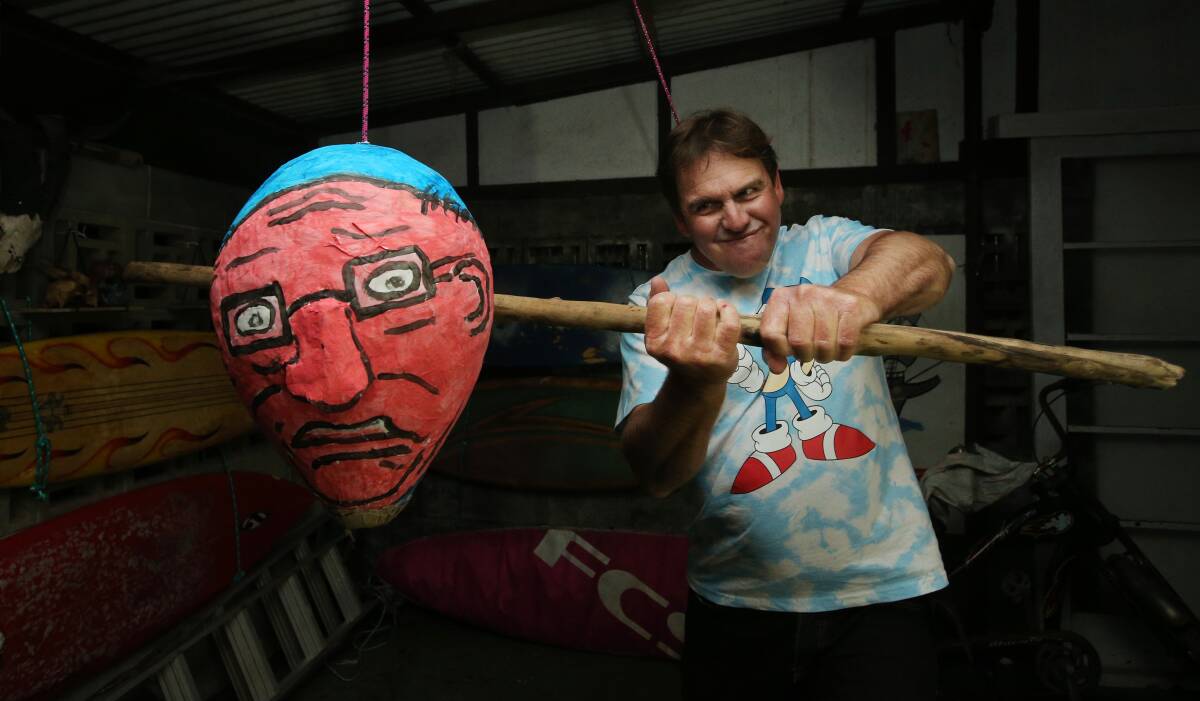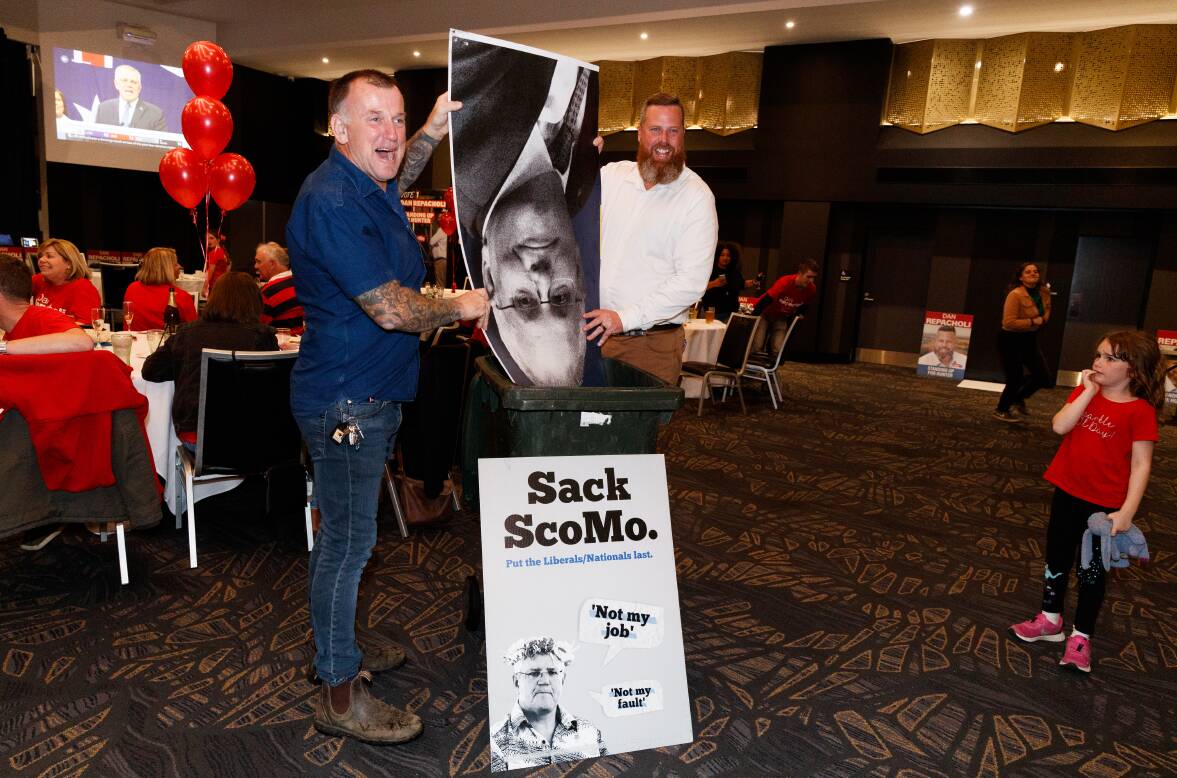
For all the talk of protecting coal jobs and the rise of the populist "freedom" parties, the story of the election in the Hunter and across Australia was a slight drift to the left.
The Nationals and Liberals made modest gains in two of the Hunter's electorates, but Labor largely held its ground with a policy platform which included cutting emissions from the nation's biggest polluters, including the coal industry, and more spending on health and childcare.
The Greens made substantial ground in Newcastle, where Charlotte McCabe increased her share of the primary vote by five percentage points to 20 per cent.
Liberal Katrina Wark's primary vote dropped from 29 to 24 per cent, prompting Ms McCabe to declare the Greens were the "new opposition" in Newcastle.
The Greens also had small swings in the "coal" seat of Hunter and in Shortland.

For all the tens of millions mining billionaire Clive Palmer lavished on the campaign, his United Australia Party did not secure a lower-house seat and went backwards in three out of four electorates in the Hunter.
The UAP did not poll above 4 per cent in any Hunter seat.
It was an even worse outcome for Pauline Hanson's One Nation, whose Hunter candidate, Dale McNamara, secured 9.8 per cent of the primary vote, less than half the party's share in 2019.
Paterson One Nation candidate Neil Turner polled 14 per cent three years ago but had less than 8 per cent of the primary vote at close of counting on Saturday night.
The Liberals' Brooke Vitnell cut Labor's margin from 5.0 to 3.5 per cent in Paterson, but Nell McGill's primary fell almost five points to 32.4 per cent in Shortland and incumbent Pat Conroy was on track to grow his margin from 4.5 to 5.5 per cent.
After nine years of a Coalition regime which struggled to agree on a clear path to reducing emissions, the new Labor government and its local representatives must now grapple with the challenge of steering the Hunter's changing economy.
Liddell power station will close next year and Eraring in 2025, the year of the next federal election. Bayswater won't be far behind.
Many of the region's business and community leaders are crying out for a coherent and well planned transition strategy.
For the Liberals, University of Newcastle political scientist Jim Jose said the success of teal independents in formerly blue-ribbon inner-city seats should prompt some soul-searching.
"Part of the problem has been the gradual takeover of the party by very narrow, idealogically aligned groups, in particular various religious-based groups," he said.
"They have pushed the party further and further to the right, further away from the mainstream, to adopt positions that are largely almost outside the mainstream of where Australian voters are at. On a range of issues, they're far more extreme.
"And the party machine, controlled by the very conservative right wing of the party, has run roughshod over some of the principles that people believe the Liberal Party stood for."
Big challenges lie ahead for both sides.
Can Labor make good on its promises on child care, climate, women's equality, health, integrity and aged care while balancing high inflation, low wage growth, stratospheric house prices, an almost trillion-dollar debt and rising security concerns?
And can the Liberal Party rediscover its sense of purpose without being distracted by the issues and personalities that Australians now seem to have rejected at the ballot box?







